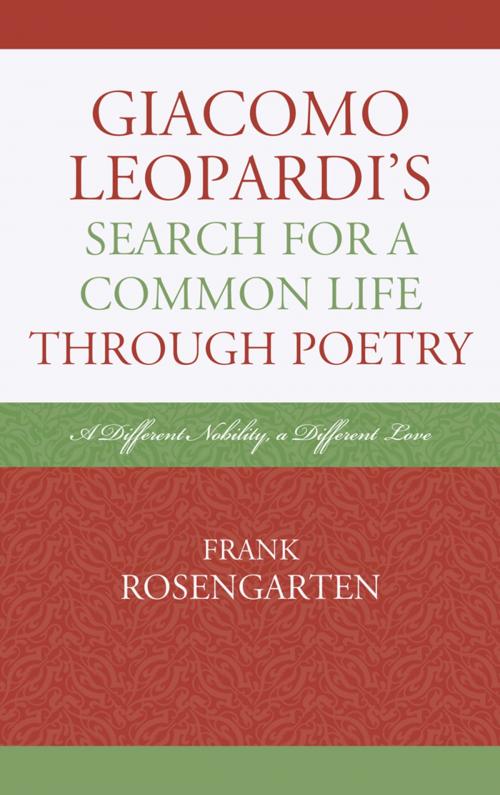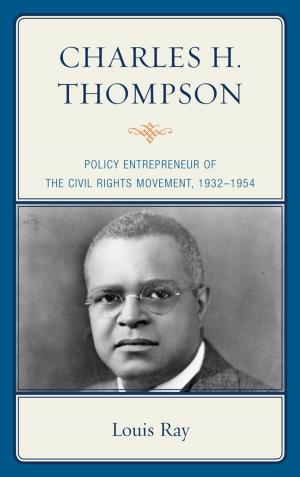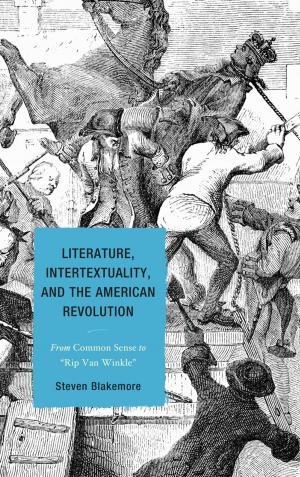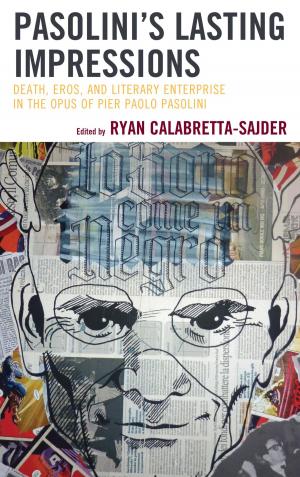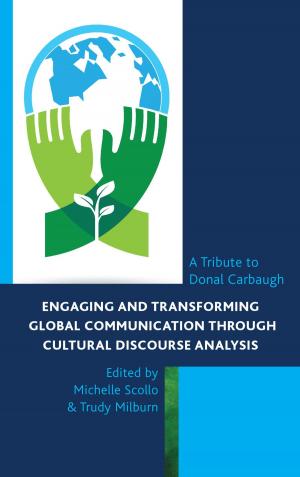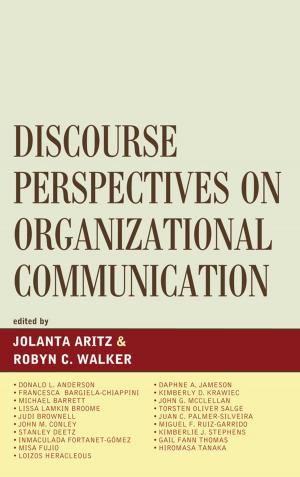Giacomo Leopardi’s Search For a Common Life Through Poetry
A Different Nobility, A Different Love
Fiction & Literature, Literary Theory & Criticism, European, Italian, Poetry History & Criticism| Author: | Frank Rosengarten | ISBN: | 9781611475067 |
| Publisher: | Fairleigh Dickinson University Press | Publication: | February 16, 2012 |
| Imprint: | Fairleigh Dickinson University Press | Language: | English |
| Author: | Frank Rosengarten |
| ISBN: | 9781611475067 |
| Publisher: | Fairleigh Dickinson University Press |
| Publication: | February 16, 2012 |
| Imprint: | Fairleigh Dickinson University Press |
| Language: | English |
This book traces the life of Giacomo Leopardi by examining four different yet interrelated aspects: his social origins and class in relation to his evolving conception of nobility; the mixture of idealism and misogynism in his attitude toward women and in his conception of love; his poems and prose on the theme of Italian independence; and his philosophical materialism as expressed in his poetry, intellectual diary, and essays. Frank Rosengarten pays particular attention to the ways in which the thought of Arthur Schopenhauer and Friedrich Nietzsche illuminates Leopardi’s world view. He also devotes a section of the book to the different personal, moral, and philological components of Leopardi’s humanism. Throughout, he maintains a sharp focus on the connections between Leopardi’s life and the historical period in which he lived. The major themes and human concerns expressed in Leopardi’s writings relate to his life experiences and to the historical period in which he lived. Of central interest are nobility and love, since Leopardi’s perception of these two themes evolved and changed as he acquired a more general and universal conception of life. This fascinating combination of classical and modern perspectives on life and literature is highlighted throughout the book.
This book traces the life of Giacomo Leopardi by examining four different yet interrelated aspects: his social origins and class in relation to his evolving conception of nobility; the mixture of idealism and misogynism in his attitude toward women and in his conception of love; his poems and prose on the theme of Italian independence; and his philosophical materialism as expressed in his poetry, intellectual diary, and essays. Frank Rosengarten pays particular attention to the ways in which the thought of Arthur Schopenhauer and Friedrich Nietzsche illuminates Leopardi’s world view. He also devotes a section of the book to the different personal, moral, and philological components of Leopardi’s humanism. Throughout, he maintains a sharp focus on the connections between Leopardi’s life and the historical period in which he lived. The major themes and human concerns expressed in Leopardi’s writings relate to his life experiences and to the historical period in which he lived. Of central interest are nobility and love, since Leopardi’s perception of these two themes evolved and changed as he acquired a more general and universal conception of life. This fascinating combination of classical and modern perspectives on life and literature is highlighted throughout the book.
